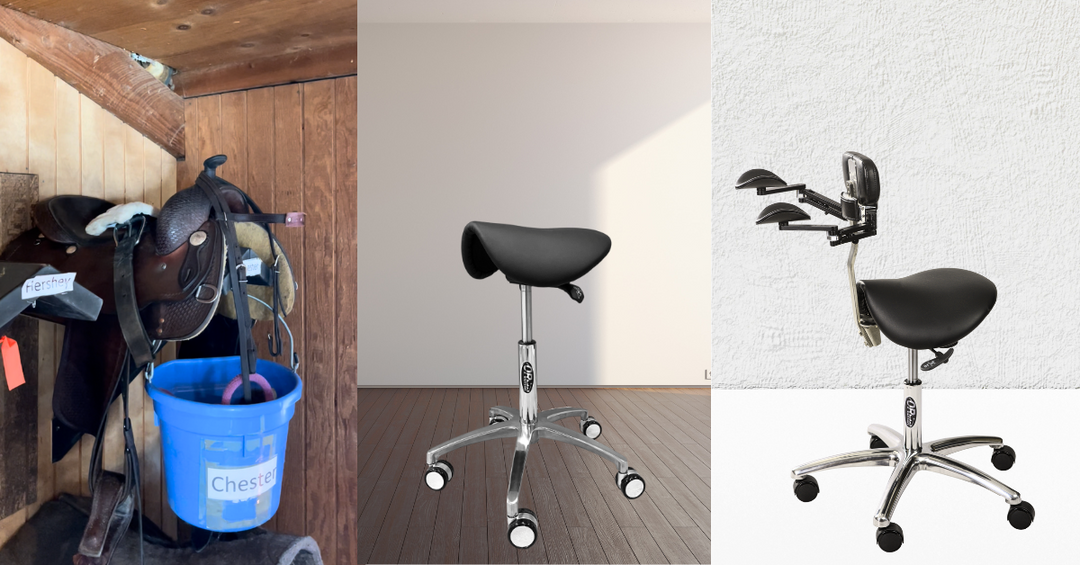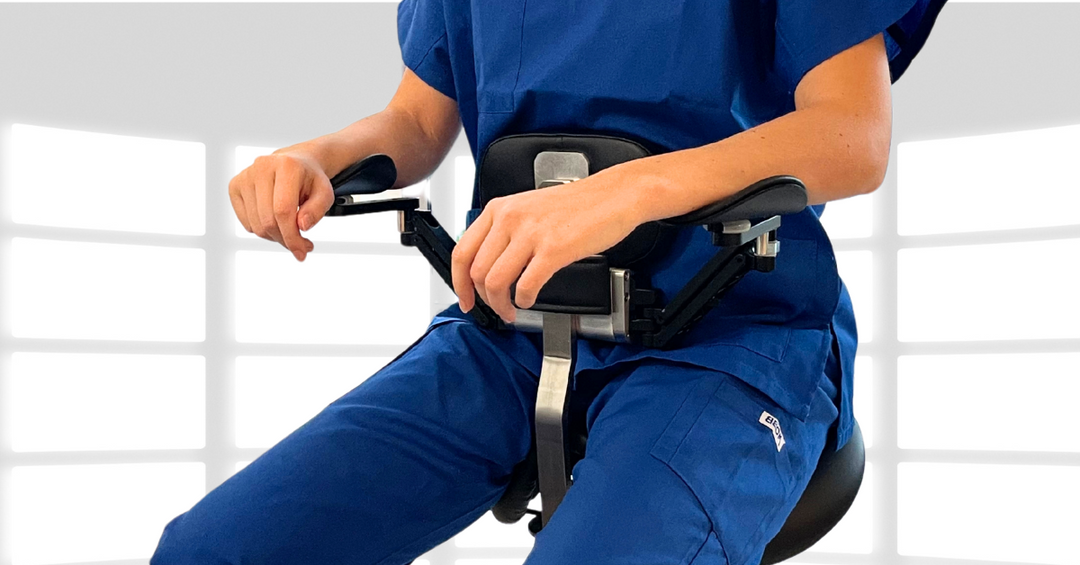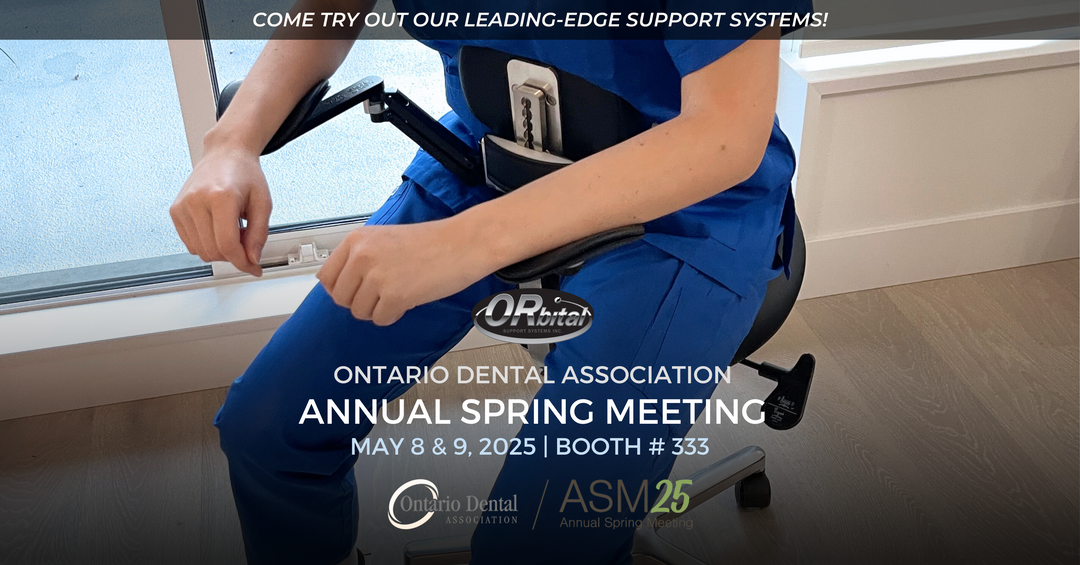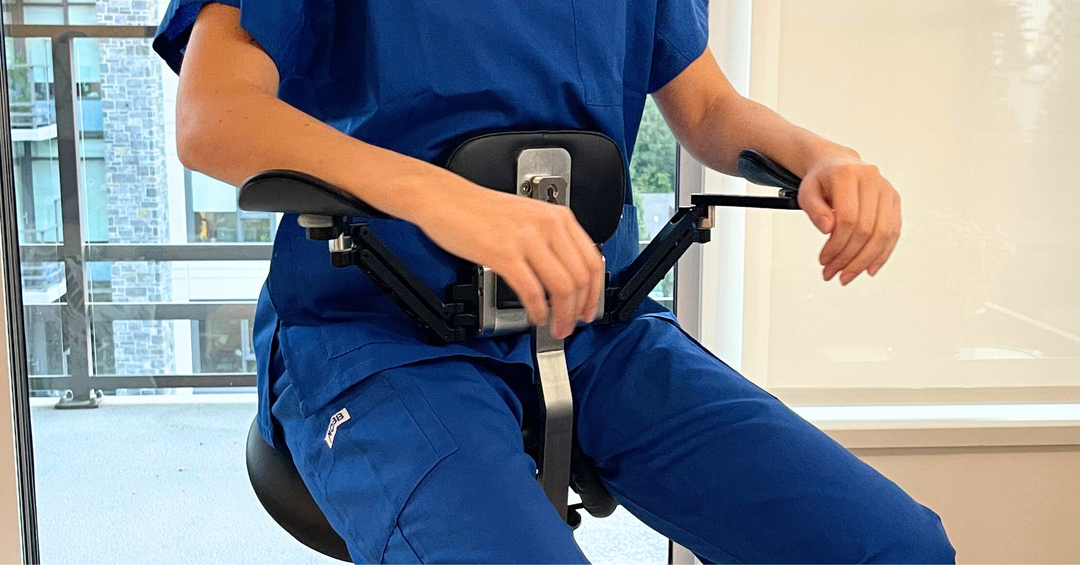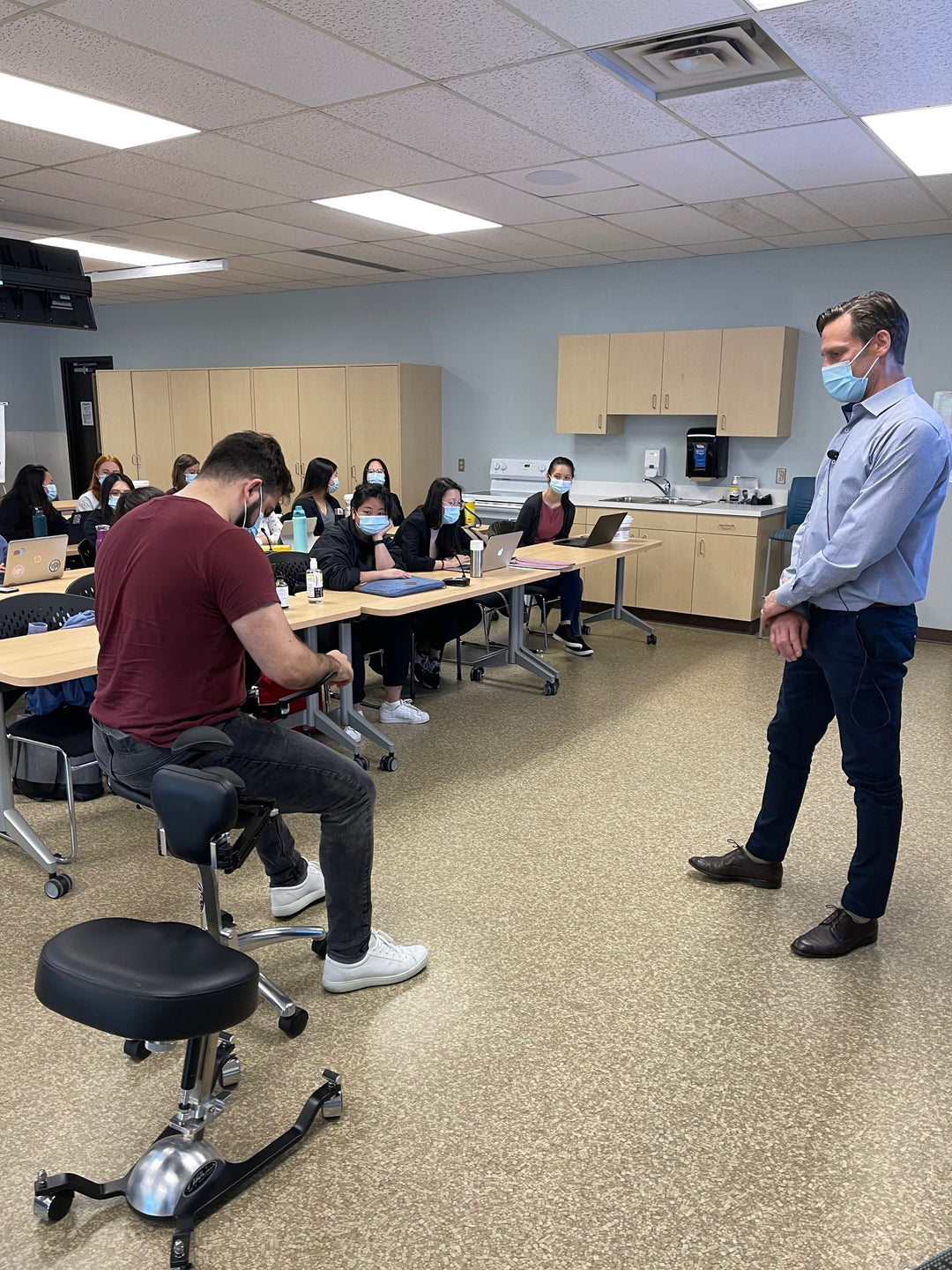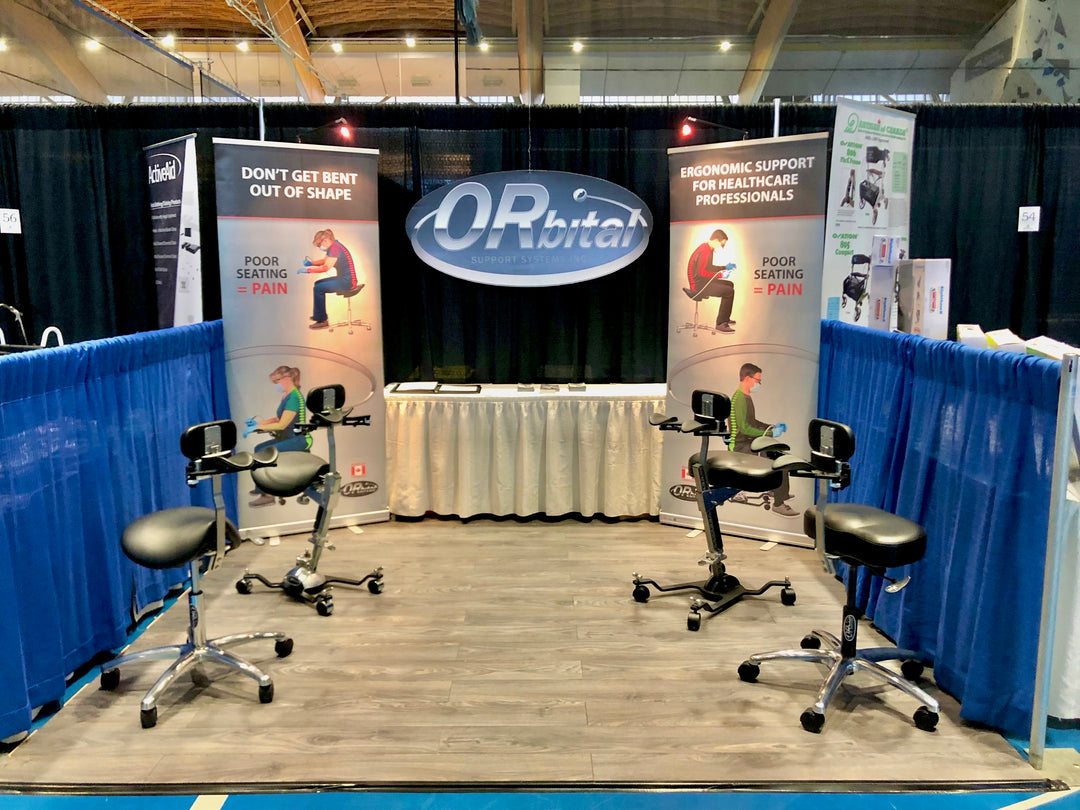The Silent Struggle: Back, Neck, and Shoulder Pains in Dental Surgery

Introduction
Dentists are often seen as the epitome of a perfect smile, but behind those bright grins lies a silent struggle that many in the dental profession face – the battle against back, neck, and shoulder pains. While they work diligently to ensure their patients’ oral health, the toll on their own musculoskeletal well-being is often overlooked. In this blog post, we shed light on the common issues faced by doctors of dental surgery and offer solutions to alleviate their discomfort.
The Ergonomic Challenge
Dental professionals are no strangers to the importance of precision, which often means leaning over patients for extended periods. Unfortunately, this posture can lead to musculoskeletal discomfort and long-term health issues. Here are the primary areas of concern:
- Back Pain: Dentists are often hunched over their patients, straining the lower back muscles. Back rests do little to support the lumbar area when leaning forward. This continuous pressure can result in lower back pain, discomfort, and even injury.
- Neck Pain: Tilting the head downward for extended periods can lead to neck strain and discomfort. Dentists frequently experience tension and pain in the neck region.
- Shoulder Pain: Maintaining arm and hand positioning for intricate dental procedures can put significant strain on the shoulders. Over time, this can lead to shoulder pain and decreased mobility.
Solutions for a Healthier Workday
The good news is that there are strategies and tools available to mitigate these issues and promote a healthier workday:
- Ergonomic Dental Stools: Investing in ergonomic dental stools with anterior support, mobile armrests, and saddle seats can significantly reduce discomfort. These stools are designed to encourage better posture and offer greater flexibility during procedures.
- Regular Breaks: Dentists should make a conscious effort to take short, frequent breaks to stretch and relax their muscles. Simple exercises like neck stretches and shoulder rolls can help alleviate tension.
- Adjustable Equipment: Ensure that dental chairs, lights, and patient positioning equipment are adjustable to minimize strain. Dentists should always position patients at a height that allows for a comfortable working posture.
- Ergonomic Accessories: Consider using ergonomic accessories like adjustable magnification loupes and anti-fatigue mats to reduce strain on the neck, eyes, and lower body.
- Education and Training: Dentists should be educated about proper ergonomics and undergo training to maintain good posture and body mechanics during procedures.
Conclusion
Dentists are dedicated to their patients’ oral health, but they should also prioritize their own well-being. Back, neck, and shoulder pains in dental surgery are common but preventable with the right tools and strategies. By embracing ergonomic solutions and practicing healthy work habits, dental professionals can ensure that their smiles remain bright both in and out of the dental office. A healthier, pain-free workday awaits those who prioritize their own musculoskeletal health with an Orbital Chair.


